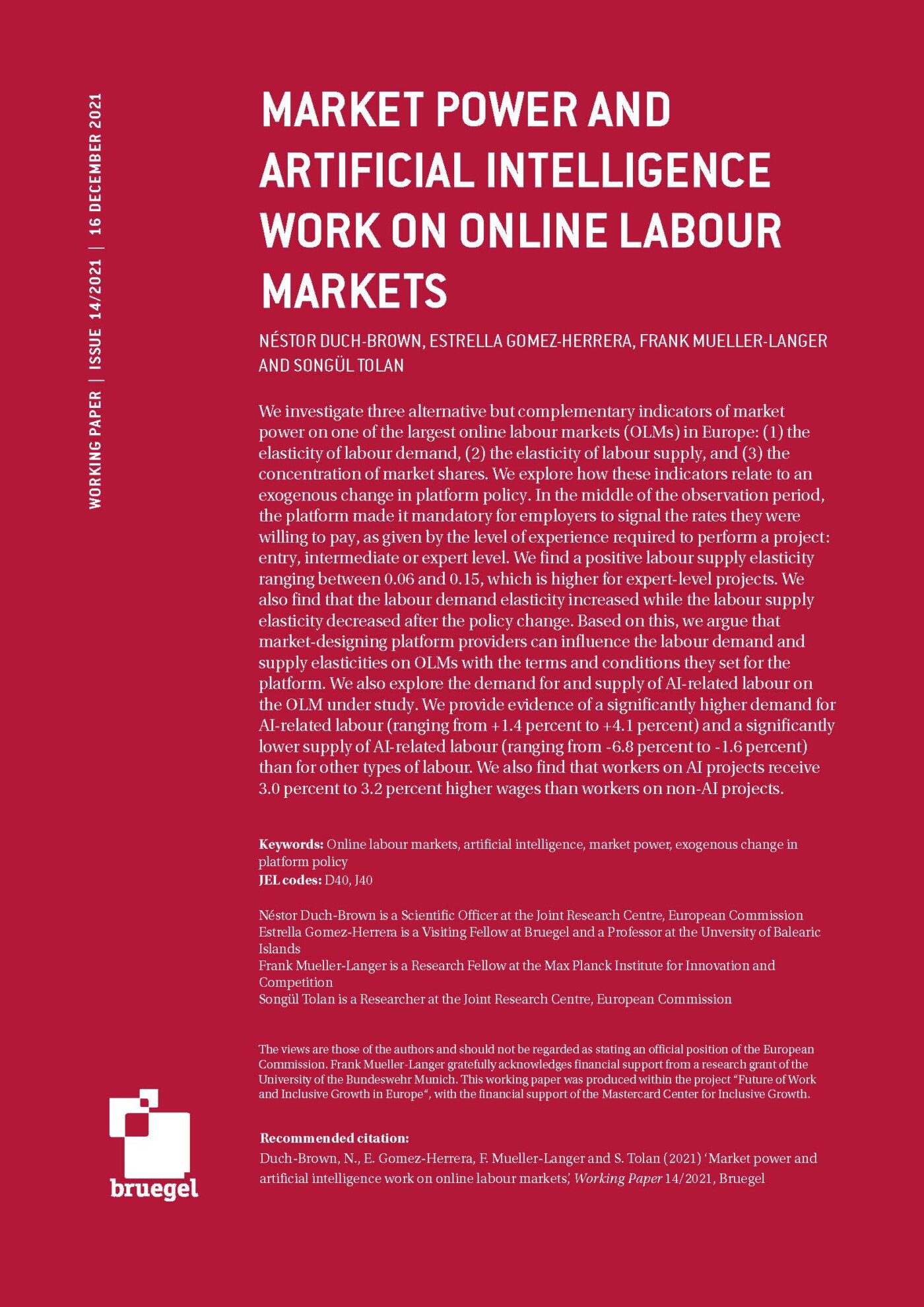Opinion
Crypto… mania
Cryptocurrencies are here to stay but are unlikely to be considered a credible alternative to money anytime soon.
This opinion piece was originally published in the Money Review section of Kathimerini and El Economista.
Cryptocurrencies are here to stay. Coin Market Cap, a popular information site on all things crypto, lists close to 10,000 of them. The name suggests that they are currencies and most of them are, in that they have a value and are accepted as a means of payment. But they cannot be considered good alternatives to money for three main reasons.
First, they are not accepted universally. You cannot use cryptocurrencies for daily expenses. It is unlikely you will be able to pay with a cryptocurrency for holidays or flights, or to buy a cinema ticket. You might be able to buy a house with bitcoin, for example, but only in very few places. However, if you operate across borders, cryptocurrencies become more interesting because they are very convenient to use and do not need an intermediary.
Second, cryptocurrencies are not a good store of value. The price of bitcoin has been extremely volatile, making it very inappropriate for trade or saving for a rainy day, or for retirement. A second generation of cryptocurrencies, known as stablecoins, has tried to solve this issue of high volatility by linking the cryptocurrency to a basket of more conventional assets. Although more stable in principle, these coins are not without their own set of problems.
Third, cryptocurrencies are private currencies. There is no state behind them to either manage their price (which is what central banks do by managing inflation) or to guarantee payments will be honoured. Take the case of bitcoin, where the identity of the inventor remains a mystery. We know that their intention was to make only 21 million bitcoins available in total, after which no new bitcoins will ever be minted. We are currently at 18.5 million and a decreasing number of coins are minted every day, such that it will take another 120 years before the last bitcoin is minted.
The rationale for this might have been that value comes from scarcity and therefore there must be a limited and finite number of bitcoins, not unlike raw materials such as oil and gold. But the decision of how many coins to supply to the market is not based on economic criteria, but is arbitrary. This makes it inappropriate for storing value or for payments, as the supply cannot be used to manage the demand. Hence a cryptocurrency’s price is subject to bubbles and hence be very volatile.
But if you are prepared to accept that cryptocurrencies are more like an asset rather than a means of payment, they offer another type of investment, albeit a very risky one. This raises the question of the extent to which consumers need to be protected from excessive risk-taking.
This is where the issue of regulation of cryptocurrencies arises. There are many questions to consider here including, first and foremost, the classification of the various types of crypto assets available. For now, these assets are very small in terms of economic value and therefore something going wrong will still not have a systemic effect.
The situation would be very different if Facebook had been able to launch its Libra stablecoin. Facebook has 2.8 billion users today. If Libra had been created, Facebook would automatically have had access to 2.8 billion clients, equivalent to twice the population of China. Libra therefore did have the potential to become immediately very popular. Coupled with the many doubts about the way Facebook handles privacy issues, consumer protection would have become very relevant.
Financial regulators were very quick to appreciate that. The European Council and Commission said in November 2019 that “no global stablecoin arrangement should begin operation in the European Union until the legal, regulatory and oversight challenges and risks have been adequately identified and addressed”. This discouraged investors that were going to finance Facebook’s initiative, effectively killing the idea.
But if cryptocurrencies are not good money and involve high risks, what is the craze about? Part of it is to do, no doubt, with the thrill of gambling and the chance of big winnings. If only I had invested in bitcoin… Part of it however, has to do with some very exciting technology behind cryptocurrencies. This includes the decentralised ledger that has allowed removal of intermediaries, guaranteeing digital anonymity and providing unique identification. The possibilities that this technology opens up are only starting to emerge – and that includes recent central bank initiatives around the world to launch their own digital currencies.
There remains a very big issue that makes decentralised ledger cryptocurrencies problematic, that is just how energy inefficient this technology can be. The global energy that bitcoin mining consumes in a given year is greater than annual energy consumption of Argentina. There is still room for improvements in this cryptomania.
Recommended citation
Demertzis, M. (2021) ‘Crypto… mania’, Opinion, 11 May
Republishing and referencing
Bruegel considers itself a public good and takes no institutional standpoint.
Due to copyright agreements we ask that you kindly email request to republish opinions that have appeared in print to [email protected].






